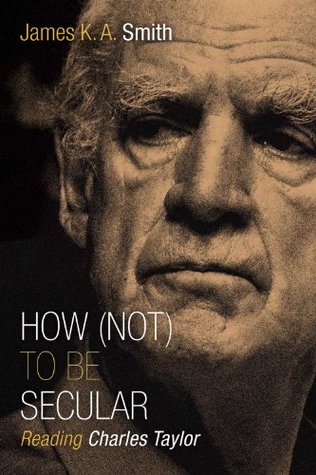So shouldn’t an “authentic” Christianity want to turn back the clock? “Isn’t the answer easy? Just undo the anthropocentric turn” (p. 651). Not so fast, cautions Taylor. First, even if we wanted to, there’s no simplistic going back. The anthropocentric turn is in the water; it’s increasingly the air we breathe.31 Not even orthodox Christians might realize the extent to which we’ve absorbed this by osmosis. Second, for Taylor, we shouldn’t want to.32 Taylor attributes this whole atonement-damnation complex to a “hyper-Augustinianism” that assumed that “the majority of the human race will be
So shouldn’t an “authentic” Christianity want to turn back the clock? “Isn’t the answer easy? Just undo the anthropocentric turn” (p. 651). Not so fast, cautions Taylor. First, even if we wanted to, there’s no simplistic going back. The anthropocentric turn is in the water; it’s increasingly the air we breathe.31 Not even orthodox Christians might realize the extent to which we’ve absorbed this by osmosis. Second, for Taylor, we shouldn’t want to.32 Taylor attributes this whole atonement-damnation complex to a “hyper-Augustinianism” that assumed that “the majority of the human race will be damned” (p. 652), and this is clearly an aspect of the tradition with which he does not want to be associated.33 But, he claims, “there is also a broader band of Christian belief and sensibility for which the decline of Hell is a positive change” (p. 653). So we get “modern Christian consciousness” (p. 655). This modern Christian consciousness thus lives in a tension, that may feel at times like a dilemma, between what it draws from the development of modern humanism, and its attachment to the central mysteries of Christian faith. It endorses the decline of Hell, the rejection of the juridical-penal model of the atonement, and any hermeneutic of divine violence, as well as affirming the full value of human flourishing. But it cannot accept the self-enclosure in immanence, and is aware that God has given a new transformative meaning to suffering and death in the life and death of Christ. ...
...more
This highlight has been truncated due to consecutive passage length restrictions.


